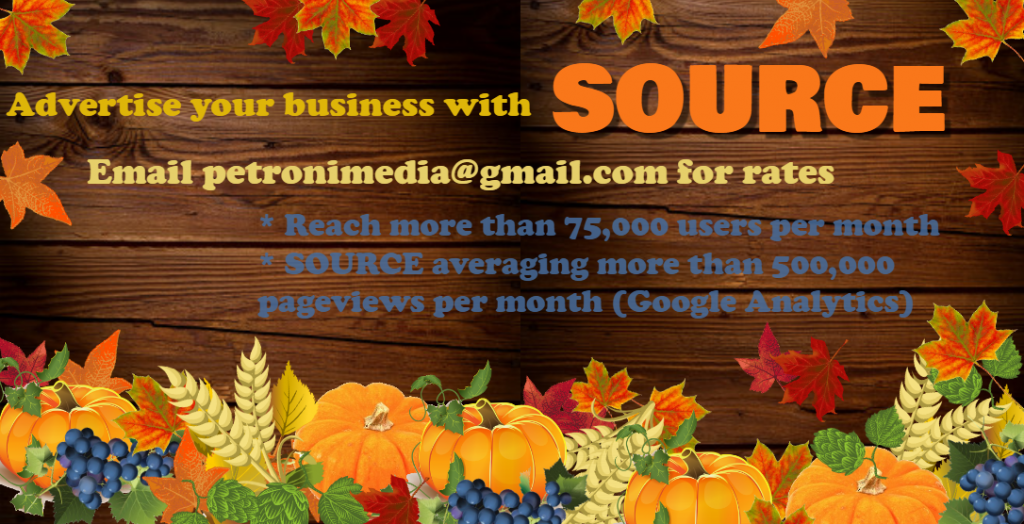By Doug Lawrence
***
[broadstreet zone=”51611″]
FRAMINGHAM – It is impossible to predict what Framingham’s economy will look a year from now. One year ago, no one had heard the term COVID-19, and now it is the most important near-term influence on our economic future.
Like every community, Framingham has had to deal with this crisis for families and businesses alike. While we have taken critical short-term steps needed to sustain and recover our small business community, we should develop a vision and plan for an economic recovery that looks toward the future, is enduring, and equitable.
It’s worth noting that prior to COVID-19, Framingham was in a strong position economically. A report commissioned by Framingham’s Economic Development and Industrial Corporation (EDIC) and produced by Framingham State University’s MetroWest Economic Research Center (MERC) found in 2018, the City reached an all-time high of more than 49,000 jobs at a record number of establishments.
A growing cluster of world-leading Life Sciences and Medical Technology companies have located here, attracted from Boston by lower overhead costs and Framingham’s highly skilled workforce. Transit-oriented housing options and exciting businesses like Jack’s Abby and Exhibit “A” Brewing have brought a new dynamism to Downtown Framingham.
But COVID-19 has taken a tremendous toll on Framingham’s economy, especially our small, consumer-facing businesses. In the face of this crisis, the City is working to help Framingham’s employers prepare for economic recovery.

First, our public health department and City leadership has let medical science guide us with regards to both shutting down public and private institutions and safely reopening restaurants and other businesses. Being the center of an outbreak could be disastrous for the reputation
and future of a small business, so it is vital that business owners listen to expert guidance while striving to open up and attract customers.
Second, the City has reached out to the business community in person and via surveys to help understand the pandemic’s impact, which has aided City Hall to understand the short- and long-term needs of employers.
Third, Framingham has used HUD Community Development Block Grant money to establish a Small Business Recovery Fund to help small employers get back on their feet. Since April, the City has provided more than $282,000 in grants to 29 businesses throughout Framingham.
We must also plan now to ensure Framingham is competitive long-term. Framingham’s EDIC exists to stimulate economic development and expand employment opportunities. Our role is to provide guidance and help implement the City’s economic development strategies. What does that mean for the long-term?
[broadstreet zone=”59945″]
First, we must continue building a foundation for investment. That means creating a community with vision and mindset that welcomes appropriate growth. Economic growth can increase our tax base, leading to lower taxes on businesses and residents. It can create great jobs for our residents, and add exciting consumer amenities such as restaurants and recreational facilities. Appropriate residential growth can attract dynamic new residents to
work for our emerging technology businesses, shorten commutes to local employers and increase locally spent dollars to sustain our businesses. City leadership needs to unite behind the goals of attracting investment – commercial AND residential – to foster a diverse economy that can thrive.
Secondly, we must engage in sound long-range planning to guide appropriate growth where we want it. Clear and simple zoning and community investment are powerful tools that signal to investors that a community is aligned and welcoming. Coordinated capital planning and infrastructure investment create amenities that improve quality of life and ensure there isadequate infrastructure in growth zones to support expansion.
[broadstreet zone=”59948″]
The third key to successful economic development is communications, letting the world know we’re open for business and willing to work with them to make great projects happen. This cantake many forms, from thoughtful media outreach and internal responsiveness that ensures smooth permitting to the more proactive: building networks, carefully collecting and using data analysis, and the most time-consuming, reaching out to meet one-on-one with businesses and building relationships and trust.
In the short term, we need to build a consensus for positive economic development in Framingham. The City’s Division of Planning and Community Development (PCD) and the administration must build a positive, shared vision with the City Council for the future growth of the City’s economy. We must enable the PCD to organize and stabilize, and invest meaningful resources in the new Division so they can lead the City planning effort. The City can
also empower the EDIC by updating our enabling legislation to give the EDIC the ability to undertake projects on the City’s behalf, in accordance with approved plans. Additionally, the City should commit to find stable seed funding for the EDIC to create a new capacity forindependent project-based activity.
Let us hope that next year by this time, we will have a better handle on COVID-19, businesses and restaurants are open, and people can go to work every day without fear. But let us all envision what Framingham’s economy will look like 10, 25, or even 50 years from now – and come together to make that vision a reality.
Doug Lawrence is the Chair of the Framingham EDIC
[broadstreet zone=”61072″]

